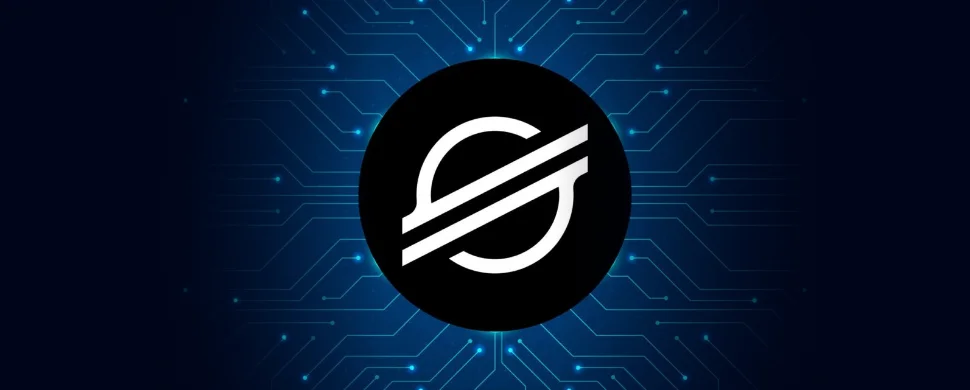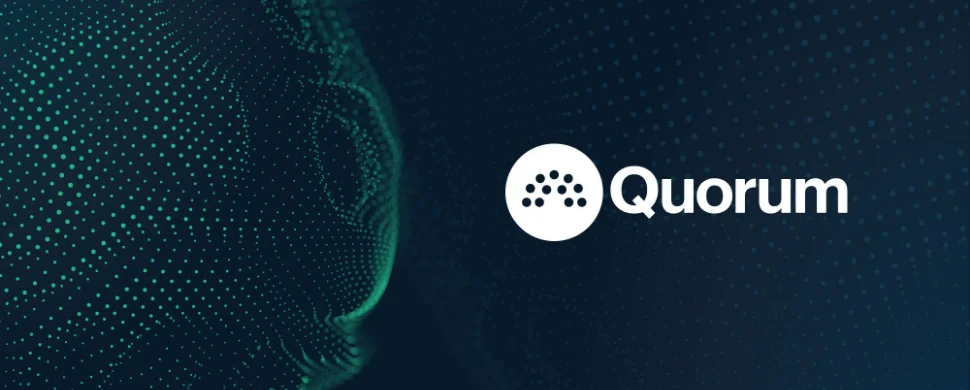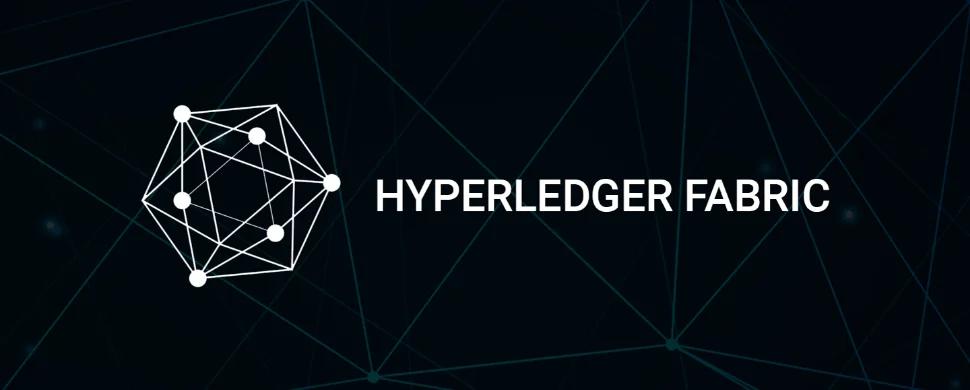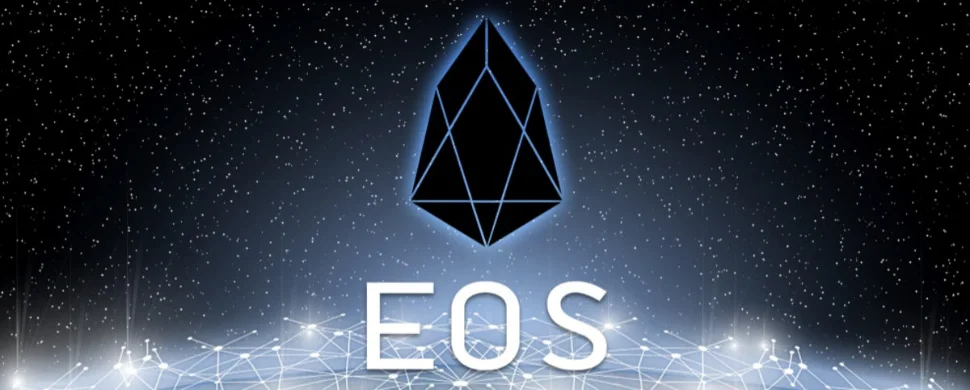Published by Muskan Taneja on August 02, 2023
Top Blockchain Platforms To Consider In 2023
Blockchain technology doesn't revolve around cryptocurrencies anymore. It is much more than that. It is becoming increasingly popular across various industries due to its transparency, cost-saving, and time-efficient features. Did you know, according to Grand View Research Reports, the global blockchain technology market size was valued at USD 10.02 billion in 2022 and is expected to grow at a compound annual growth rate (CAGR) of 87.7% from 2023 to 2030, which shows a significant interest in this technology?
As organisations explore blockchain's potential, there's a rising demand for blockchain development platforms. These platforms allow businesses to create blockchain-based applications, which can be either permissioned or permissionless, depending on their specific needs.
However, with various options available, businesses often find it challenging to choose the best development platform. In this article, we will discuss some of the top blockchain development platforms to help businesses and entrepreneurs make informed decisions for their blockchain-based applications.
So, keep reading if you want to leverage the power of blockchain for your business app.
Overview of Blockchain Technology

Nowadays, Blockchain Technology is gaining immense popularity. It has transformed the way we operate but what exactly is blockchain technology? Blockchain Technology is a decentralised and distributed digital ledger that records transactions and data across a network of computers in a secure, transparent, and tamper-resistant manner.
In a blockchain network, there's no central database since everyone can see and validate transactions. This fosters trust and transparency among all participants. Switching to blockchain requires careful thought, and one crucial aspect is choosing the appropriate blockchain framework for your business needs.
Top Platforms To Develop Your Blockchain Network In 2023
There are several platforms to develop blockchain but after conducting thorough research, we have identified the top blockchain development platforms for you. Let's take a closer look at each of them to understand their strengths and benefits.
Ethereum

Ethereum is a highly popular and user-friendly blockchain development platform, established in 2013. It has gained widespread adoption due to its support for smart contracts and decentralised applications (DApps). The platform's smoothness and scalability make it suitable for handling large amounts of data.
As one of the earliest and most well-established blockchain platforms, Ethereum has its own cryptocurrency called Ether (ETH). It utilises the Proof-of-Work (PoW) mechanism and is particularly favoured by NFT traders. Being permissionless, developers using Ethereum for app development need to pay transaction fees in Ethers.
Here are some practical uses of Ethereum:
- Creation of smart contracts and assets.
- Ideal for enterprise-level apps requiring scalability, security, and transparent transactions.
- Compatible with NFTs, enabling digital value for art, gaming, music, and more.
Stellar

Stellar is a prominent blockchain platform that offers fast and efficient cross-border transactions. It was created in 2014 by Jed McCaleb, one of the co-founders of Ripple. Stellar's primary goal is to facilitate low-cost, secure, and quick international money transfers.
Stellar has several practical uses, particularly in the realm of cross-border payments and financial services. Some of its notable applications include:
- Remittances
- Microtransactions
- Banking the Unbanked
- Tokenization of Assets
- Cross-Border Trade
Quorom

Quorum is a blockchain platform developed by JPMorgan Chase & Co., designed specifically for enterprise applications. It is built upon the Ethereum blockchain but with modifications to suit the needs of private and permissioned networks. Quorum's practical uses are primarily focused on enhancing the efficiency, privacy, and security of financial and business processes within large organisations.
Here are some of its key practical uses:
- Quorum can be used to create a transparent and traceable supply chain system and streamline trade finance processes, making them more efficient and less reliant on paperwork.
- Quorum's capabilities allow for faster and more secure financial settlements, particularly for interbank transactions and stock trades.
- Quorum's privacy features allow for confidential and permissioned transactions within a network, suitable for sensitive business processes where privacy is crucial.
Hyperledger Fabric

Hyperledger Fabric is an open-source permissioned blockchain framework developed by the Linux Foundation under the Hyperledger project. It is one of the most prominent projects within the Hyperledger umbrella and is designed for building enterprise-grade blockchain applications.
Key Use Cases of Hyperledger Fabric include:
- Hyperledger Fabric's permissioned network model ensures controlled access and privacy for participants.
- The modular architecture of Fabric enables customization and flexibility in choosing components and smart contract languages.
- Fabric's channels provide confidentiality, allowing private transactions between specific parties.
EOSIO

The EOSIO blockchain platform was introduced as an open-source project in 2018. It's designed for creating decentralized apps and smart contracts. It uses a PoS-based consensus mechanism, which is said to offer improved performance compared to Ethereum and other older systems. Additionally, EOSIO includes a governance feature that allows users to vote on platform changes.
Here are some practical uses of EOSIO:
- EOSIO offers high scalability for processing thousands of transactions per second.
- It features a resource staking model for low transaction fees.
- EOSIO provides flexibility with support for multiple programming languages for smart contracts.
- The platform has a decentralised governance model, allowing token holders to participate in decision-making.
- EOSIO uses Delegated Proof-of-Stake consensus for efficiency and scalability.
R3 Corda
R3 Corda is a blockchain-inspired platform designed specifically for businesses. It is developed by R3, a software company focused on building distributed ledger technology solutions for various industries. Corda is not a traditional public blockchain like Bitcoin or Ethereum; instead, it is a distributed ledger platform that enables businesses to transact directly and privately using smart contracts.
Use Cases of R3 Corda include:
- R3 Corda provides enhanced privacy for business transactions through restricted access to transaction details.
- The platform enables the creation and execution of smart contracts, automating business processes and reducing the need for intermediaries.
- Corda's interoperability with existing systems simplifies integration and adoption for businesses.
- The pluggable consensus mechanism offers flexibility, scalability, and performance customization.
Also Read: Steps to successfully implement blockchain into business
How To Choose An Ideal Platform For Your Blockchain Network?
Choosing an ideal platform for your blockchain network involves careful consideration of several factors. Here are some key steps to help you make an informed decision:
Understand Your Use Case
Clearly define the purpose of your blockchain network. Choose a platform that aligns with your business requirements.
Security
Security is paramount in blockchain networks. Assess the platform's security features, consensus mechanism, and privacy options. Look for platforms that have a robust track record of security and have undergone rigorous testing and audits.
Scalability and Performance
Consider the scale of your project and the number of transactions you expect your network to handle. Evaluate the platform's scalability and performance capabilities to ensure it can handle your workload.
Interoperability
If you plan to integrate with existing systems or collaborate with other networks, consider the platform's interoperability features. Look for solutions that offer easy data exchange and communication with external systems.
Cost and Licensing
Consider the total cost of ownership, including licensing fees, development costs, and ongoing maintenance expenses. Some platforms are open-source and free to use, while others may have licensing or subscription fees.
Regulatory Compliance
If your project involves sensitive data or operates in regulated industries, ensure the platform complies with relevant regulations and data privacy standards.
Vendor Reputation
Research the reputation of the platform's development team or the company behind it. A trustworthy and reliable team can significantly impact the success of your blockchain implementation.
By following these steps and conducting thorough research, you can identify the ideal blockchain platform that best aligns with your project's needs and helps you achieve your business goals efficiently and effectively.
Wrapping Up
We believe this blog guide will assist you in choosing the perfect platform for your blockchain development needs. Additionally, selecting the right app development company, such as Innow8 Apps, is a crucial decision that can greatly influence the success of your project. Making the right choice in both areas will pave the way for a successful and impactful blockchain venture.
Get in touch to streamline your blockchain network Today!
Recent Blogs:

Top 5 Mobile app Trends that you'll love [jan...
Mobile App Trends 2023- Here are the points from top mobile app experts about the arising tr...
Read More![Impact of IoT on Logistics & Supply Chain [ Unpacking Benefits, Use Cases,]](/_next/static/images/thumb-fd84ec98b7ae340fd7990dbf54ee360e.webp)
Impact of IoT on Logistics & Supply Chain [ U...
Unlock the potential of IoT in logistics and supply chain management for optimized operation...
Read More
Build Your Temu-Like Shopping App: Cost Guide
Explore costs, streamline shopping, turn your vision into reality. Boost business potential ...
Read More